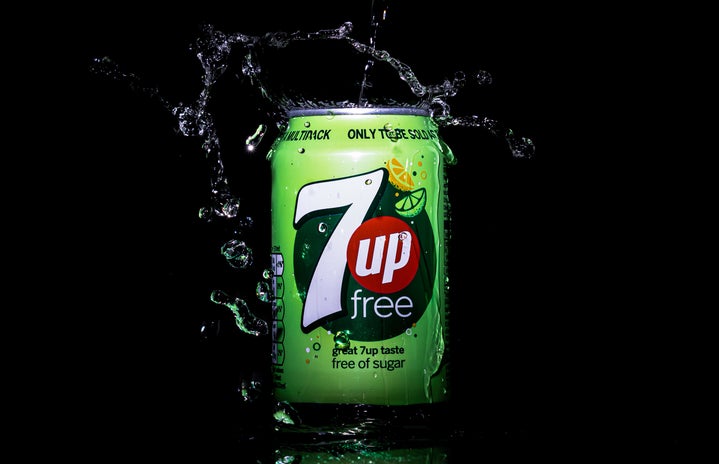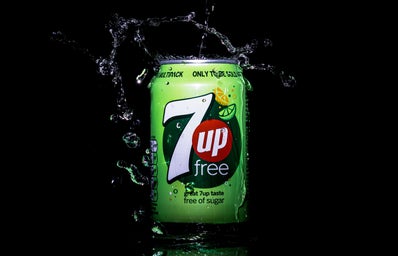Like many of y’all, I am a big fan of Diet Coke. I got hooked on it in high school as I developed a raging caffeine addiction, and although I gave up soda for a while, I am once again a frequent purchaser of Diet Pepsi, Diet Dr. Pepper, you name it. However, as I’m sure we’ve all heard, there are mixed reviews on whether or not diet soda is better for you than the full-sugar alternative. I’ve heard everything from “aspartame causes cancer” to “diet soda is worse for you than real soda”. So, as someone who tries to stay healthy but is also unwilling to stop drinking Diet Coke, I decided to go through the top three most common beliefs about diet soda and either debunk or prove them for y’all once and for all.
Claim: Aspartame causes cancer
Aspartame is an artificial sweetener that is most often used in diet foods or drinks because it is low in calories, and it is also much sweeter than regular sugar, meaning that less is necessary to sweeten food and drink for consumption. However, some have suggested that the chemical may cause cancer. This article from the American Cancer Society notes that they do not determine carcinogens, cites two sources that refute the claims of a link between aspartame and cancer. First, the U.S. Food and Drug Administration says that “the use of aspartame as a general-purpose sweetener… is safe.” Additionally, the European Food Safety Administration states that “Studies do not suggest an increased risk associated with aspartame consumption for . . . leukemia, brain tumors or a variety of cancers, including brain, lymphatic and hematopoietic (blood) cancers.” So, it’s safe to conclude that we can continue to drink Diet Coke without fear of it containing a carcinogen.
Claim: Diet soda is good for weight loss
In this study, obese individuals swapped out caloric beverages for water or diet soda, which effectively did help them lose weight. Because weight loss is a game of calories in vs. calories out, individuals who drank fewer calories overall did end up losing weight, and since diet soda does not contain calories, this does aid weight loss.
Claim: Aspartame + diet soda upsets your stomach
If you’ve ever drank a diet soda or any other carbonated drink, you know the uncomfortably full feeling that follows as the bubbles of carbon dioxide and liquid fill your stomach. However, the stomach issues that follow diet soda consumption extend beyond physical discomfort: according to Reflux MD, soda is very acidic and may exacerbate acid reflux.
With all this said: it is your choice whether or not you want to enjoy diet or regular soda, if at all. If you enjoy soda and want to stay in a low-calorie range but find the potential effects of aspartame concerning, multiple brands produce delicious, sugar and aspartame-free sodas. My personal favorite is Zevia, which uses stevia to sweeten its drinks and has a ton of flavors. They also make kids’ soda flavors, which I prefer to their “grown-up” (but non-alcoholic) flavors. I’ve also heard great things about Olipop, which does have a few grams of sugar but is still low-calorie AND includes the added benefit of digestive support!


